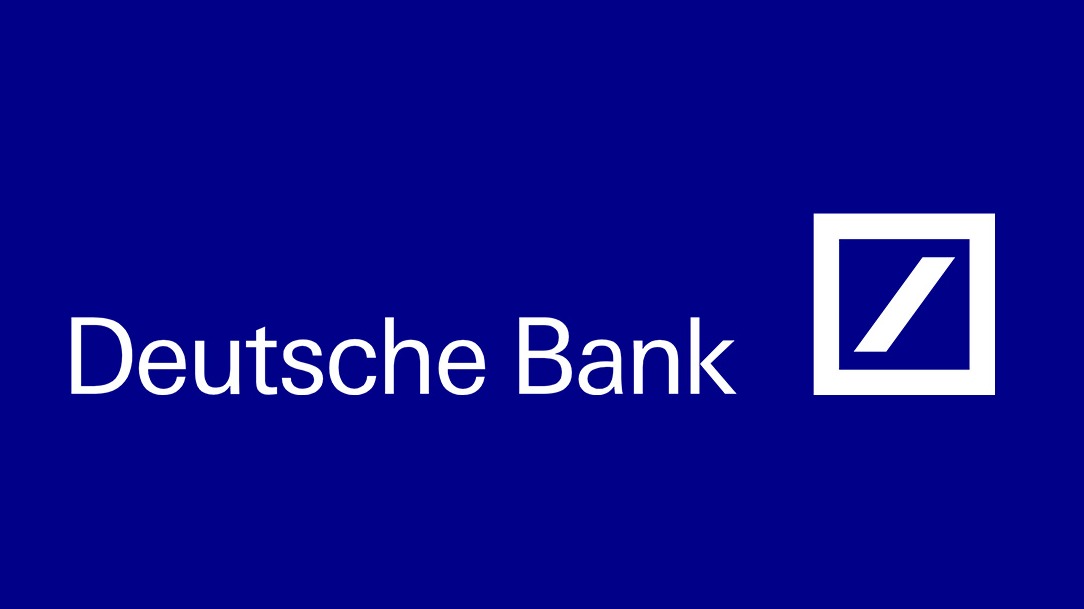Blockchain payments firm Fnality International has concluded a £77.7 million Series B funding round led by Goldman Sachs and BNP Paribas.
Fnality said the funding will go towards the establishment of a “world-first” global liquidity management ecosystem which aims to facilitate new digital payment models in wholesale financial and emerging tokenised asset markets. .
The company, which was established in 2019 to develop regulated distribute ledger technology (DLT) based wholesale payment systems, said that the funding received to date has helped it demonstrate its abilities to provide real-time settlement of tokenised securities, real-time cross-border financial exchange swaps, and real-time repo transactions.
Fnality claimed that these capabilities have evidenced the “potential inherent in leveraging DLT to facilitate traditional financial activity and achieve faster, safer and more efficient exchange of value in global wholesale markets.”
The Series B funding round was also joined by DTCC, Euroclear, Nomura and WisdomTree and also featured additional investments from Series A investors including Santander, BNY Mellon, and Barclays.
"Our Series B funding round represents the financial sector’s desire for a central bank money backed blockchain-based settlement solution that bridges the gap between traditional finance and decentralised finance in wholesale markets,” said Fnality chief executive Rhomaios Ram. “Each Fnality Payment System utilises DLT to provide a 24/7 payment rail with the ability to reduce settlement cycles to real-time, while significantly improving intraday liquidity management and marking significant innovation in the speed, functionality, and resilience of wholesale payments.”
Latest News
-
Gemini to cut quarter of workforce and exit UK, EU and Australia as crypto slump forces retrenchment
-
Bank ABC’s mobile-only ila bank migrates to core banking platform
-
Visa launches platform to accelerate small business growth in US
-
NatWest to expand Accelerator programme to 50,000 members in 2026
-
BBVA joins European stablecoin coalition
-
eToro partners with Amundi to launch equity portfolio with exposure to ‘megatrends’
Creating value together: Strategic partnerships in the age of GCCs
As Global Capability Centres reshape the financial services landscape, one question stands out: how do leading banks balance in-house innovation with strategic partnerships to drive real transformation?
Data trust in the AI era: Building customer confidence through responsible banking
In the second episode of FStech’s three-part video podcast series sponsored by HCLTech, Sudip Lahiri, Executive Vice President & Head of Financial Services for Europe & UKI at HCLTech examines the critical relationship between data trust, transparency, and responsible AI implementation in financial services.
Banking's GenAI evolution: Beyond the hype, building the future
In the first episode of a three-part video podcast series sponsored by HCLTech, Sudip Lahiri, Executive Vice President & Head of Financial Services for Europe & UKI at HCLTech explores how financial institutions can navigate the transformative potential of Generative AI while building lasting foundations for innovation.
Beyond compliance: Building unshakeable operational resilience in financial services
In today's rapidly evolving financial landscape, operational resilience has become a critical focus for institutions worldwide. As regulatory requirements grow more complex and cyber threats, particularly ransomware, become increasingly sophisticated, financial services providers must adapt and strengthen their defences. The intersection of compliance, technology, and security presents both challenges and opportunities.
© 2019 Perspective Publishing Privacy & Cookies













Recent Stories